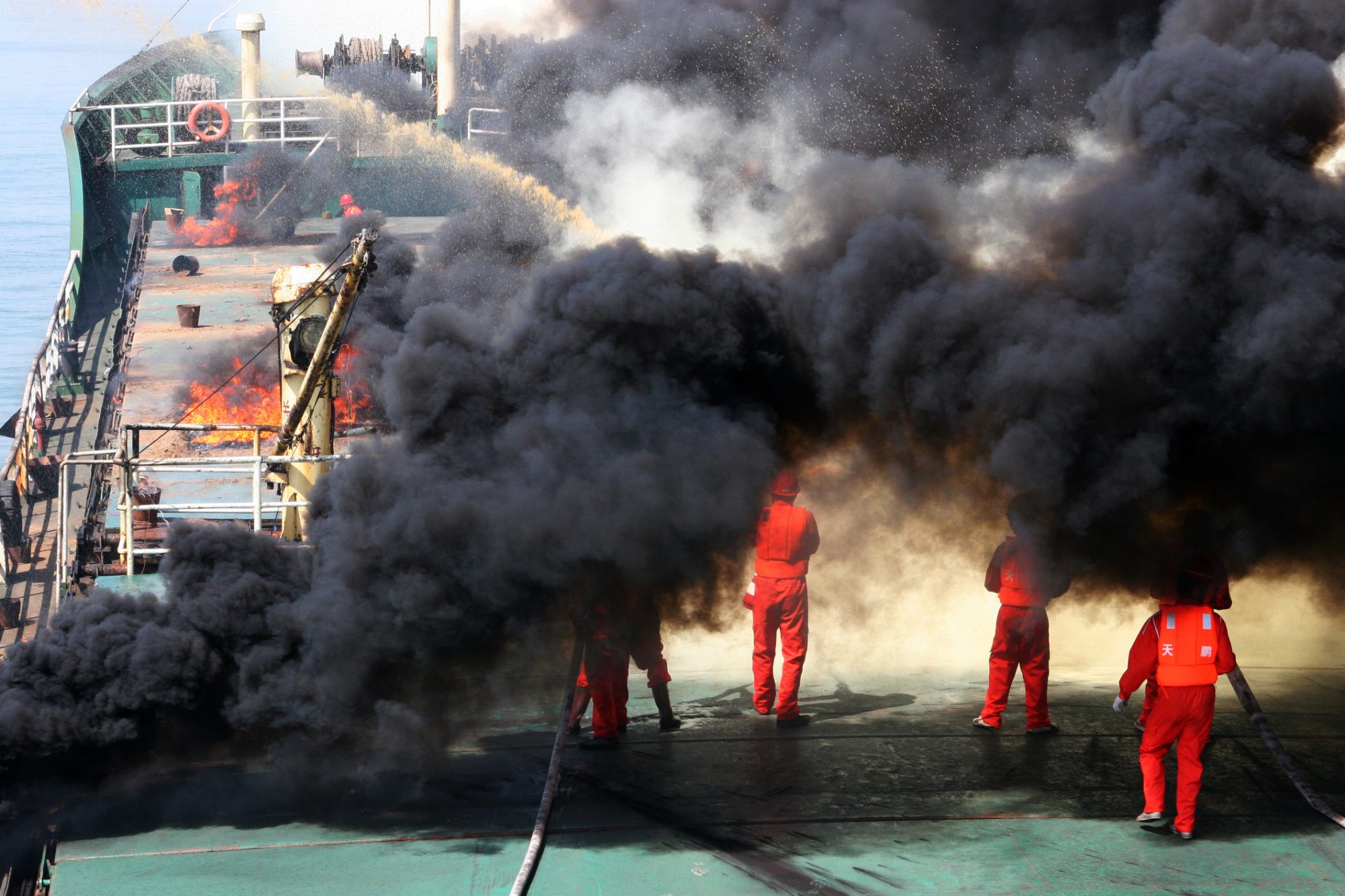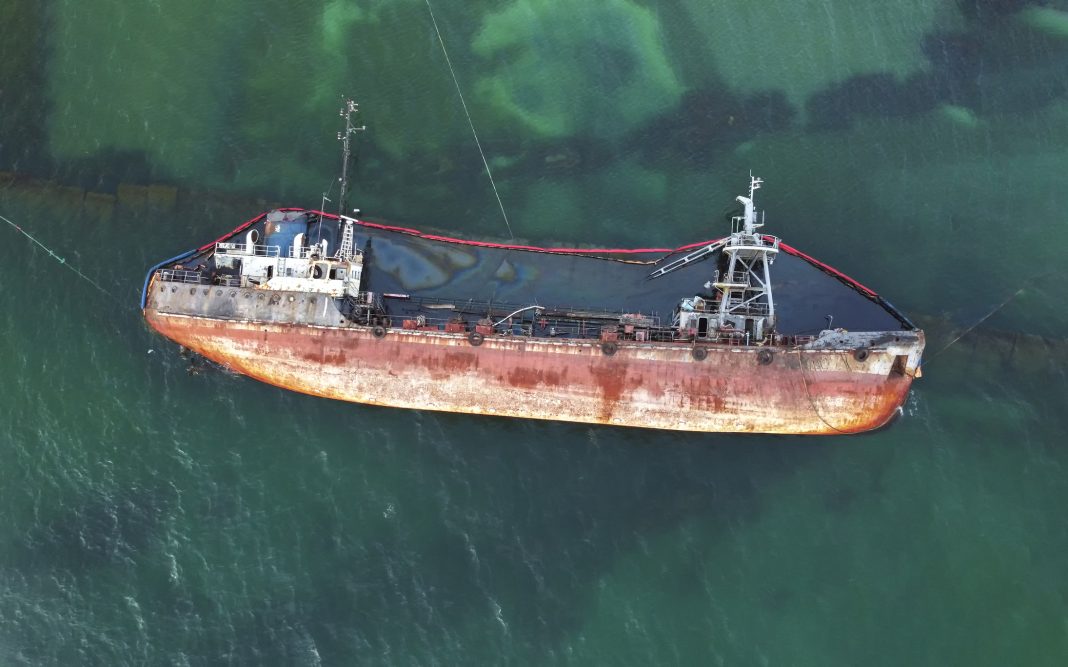A single oil spill could disrupt the global energy supply – shutting down major gas export facilities and vital desalination plants
An oil spill in the Gulf of Qatar could cause liquified natural gas export facilities and desalination plants on the coast to be completely shut down for several days. This could have severe consequences for the world’s energy supply, not to mention the extreme environmental consequences.
As tankers cannot navigate through thick oil slicks, this maritime area – which is three times the size of the city of London – holds the highest risk for oil spills in the Gulf.
Such oil spills have impacted critical coastal infrastructures that are a vital energy supply for the planet and ensure the safety of desalinated water for one of the world’s most arid climates.
The team of researchers at the University of Louvain, the University of Southern California (USC) Viterbi School of Engineering, and the Qatar Environment and Energy Research Institute label the location a “high vulnerability zone.”
Thick oil slicks prevent maritime business
Tankers crossing the Gulf are the biggest risks for oil spills, not the numerous oil rigs in the northern part of the Peninsula.
In consideration of the fluctuating world’s energy market, instabilities in the energy supply due to oil spills persist for more than 20% of global liquefied natural gas exports, which originate from a single port in Qatar.
While affecting natural gas exports, these oil spills concurrently affect desalination plants, which rely on the intake of seawater, and cannot perform normal operations with a heavily polluted water source.
“Awareness of such a vulnerability is imperative”
When an oil spill occurs, these industries must shut down entirely. This could cause significant disruption in the global gas supply and cause an unprecedented water shortage for inhabitants of the Qatari Peninsula, while simultaneously compromising containment efforts.
Qatar’s export capacity is expected to increase by approximately 64% in the next five years. Thus, this key port will continue to be a crucial hotspot for the global energy supply chain.
Time is fleeting for Qatar to contain oil spills
Qatar would have only a few days to contain the oil spills before such spills would reach the country’s main liquified gas export facility and main desalination plant.
To contextualise this issue, researchers have estimated that the largest liquid natural gas tankers from Qatar provide enough energy to heat the entire city of London for one week.
The study advocates for increased remote sensing using satellite and airborne images in the Gulf’s most vulnerable areas to provide early warning for spills and better model their evolution.

The Middle East’s vulnerability to environmental hazards is largely underestimated
Co-author Essam Heggy of the USC Arid Climate and Water Research Center argues that the Middle East’s vulnerability to environmental and climatic hazards is largely underestimated.
Heggy said: “Global containment of major oil spills has always been challenging, but it is even harder in the shallow water of the Gulf where any intervention has to account for the complex circulation currents, a harsh operational environment, and the presence of highly-sensitive ecosystems on which three million humans rely for drinking water. I hope serious resources are put into resolving this vulnerability.”
“I hope serious resources are put into resolving this vulnerability.”
Co-author Emmanuel Hanert of the University of Louvain added: “Oil spill vulnerability in the Gulf could exacerbate both the global energy crisis and the local water crisis in Gulf countries. Energy and water security are deeply intertwined, and both are at risk of being disrupted by a major oil spill.
“We identified sea areas in the Gulf where an oil spill would be the most dangerous to desalination and liquified natural gas export facilities. Satellite surveillance should focus on detecting oil spills as early as possible and hence limit their impact.”











